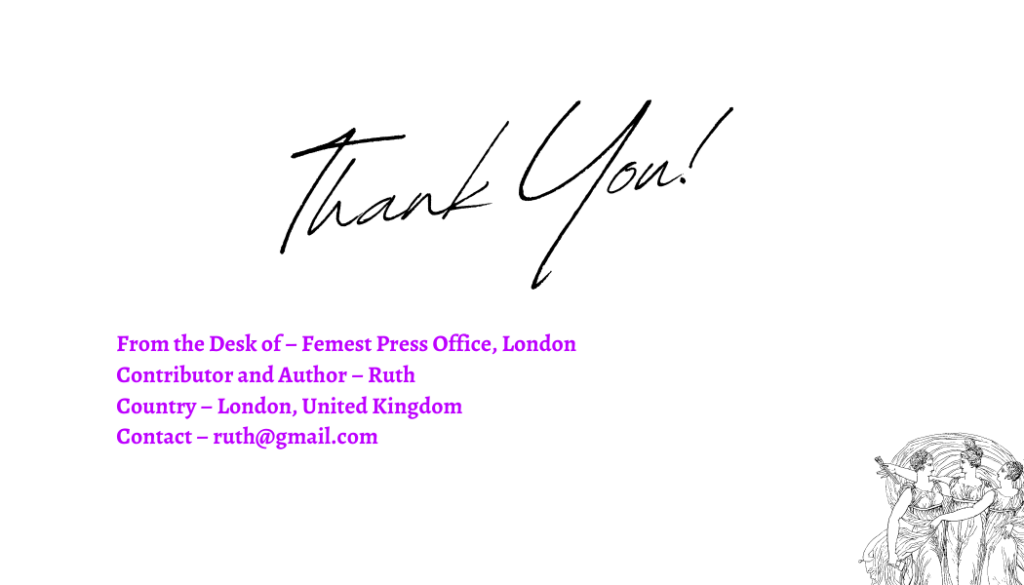Many people are aware of the history of the United Kingdom. Many are looking for actual facts about the Monarchy. Although these facts may be true, they will not be an easy read to grasp. The truth is that there is no single definition of Monarchy, nor is it easy to define depending on the person’s own background and perspective.
The origin of the Monarchy has been debated since the beginning of time. Some people believe they didn’t exist until King Arthur was in Britain. Others insist that King Henry I was a king before he was crowned. In most cases, a monarchy traces its origins back to Western European countries like France, Spain and Italy. In some of these countries, the monarch is elected, while in others, the monarch is appointed by other leaders in society based on power or prestige.
In Britain and France, the people elect their monarch through a system where all eligible citizens can vote for who they wish to become monarch. Another system exists where only members of Parliament can vote for who they want to become monarch; this system was used during King Arthur’s time as well as Queen Elizabeth’s reign when she was known as Queen Elizabeth I because she was born into a royal family and became Queen after her father became King Henry VIII (not because she married him).
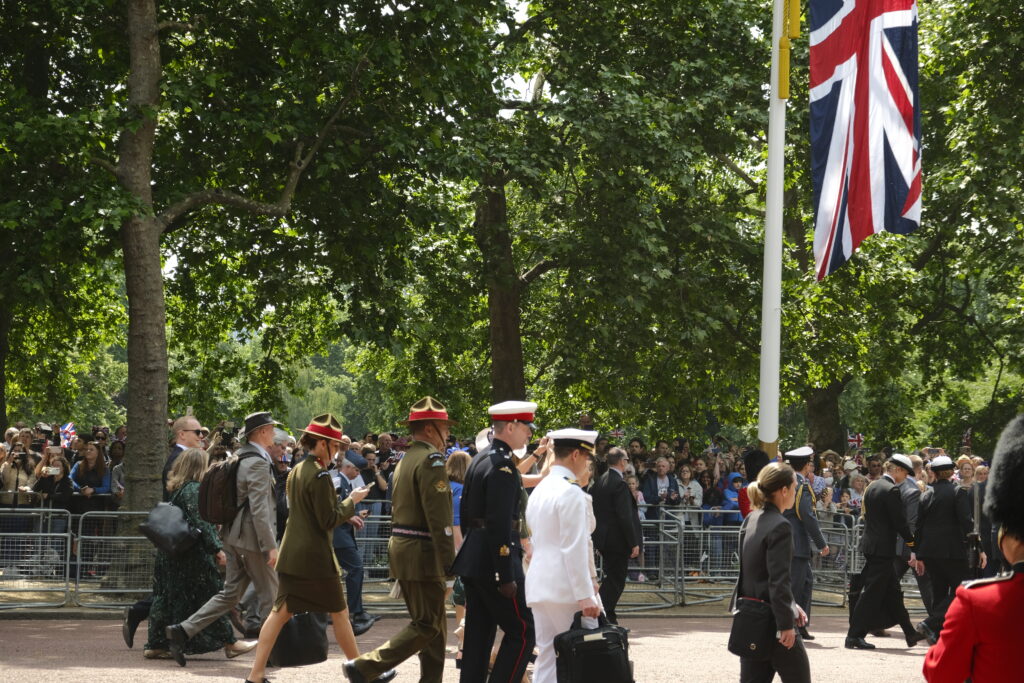
In the United Kingdom, most Prime Ministers are selected by Parliament; this system varies from country to country; however, if you live in England, you will know what I mean when I say that most prime ministers are selected by Parliament because it’s their job to oversee government affairs and make decisions that affect every one of us. If you live in Scotland or Wales, then you will know what I mean when I say that Prime Ministers are selected by Parliament because it’s their job to oversee government affairs and make decisions that affect every one of us, but they don’t have control over everything so we do have a prime minister who can do anything he wants, so we elect him/her instead! That’s right!
That British Prime Minister sitting across from me right now doesn’t have control over everything either! It’s okay, though, because our prime minister knows what we want him/her to do! He/she can just give us whatever we want! He/she works for us, not against us! Even if he/she doesn’t like some things, he/she does them anyway, so he/she isn’t an evil witch who hates women and children!
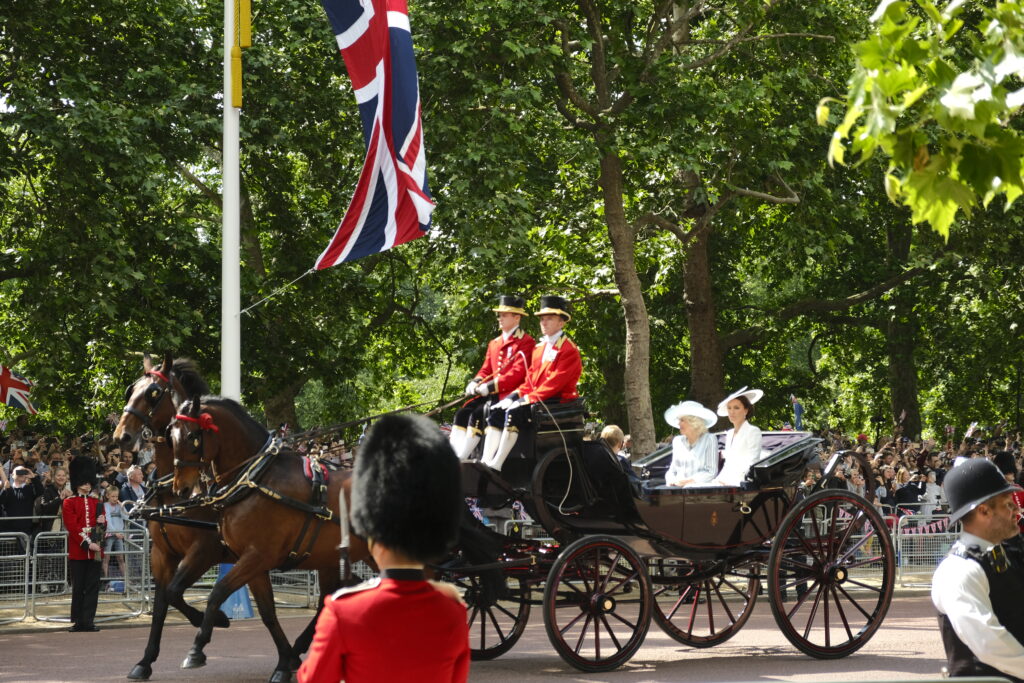
Princess Kate Middleton, Platinum Jubillee, 2022
The role of the Monarchy in the United Kingdom specifically.
Monarchy is a system of government in which the monarch, usually the head of state, is considered supreme. A monarchy may or not be hereditary, and maybe a constitutional monarchy or a monarchial republic with an elected head of state. The term “monarch” can also refer to the leader of any nation or condition that has a monarchical form of government (e.g. a constitutional monarchy).
In contrast, other types of governments do not have monarchs, such as those with presidential systems (such as France) and republics (such as Canada). Platinum Jubilee 2022 The term “monarchy” is often used for the person who rules over a particular territory, but it can also refer to the condition in which one person holds all power.
In this context, under some definitions, monarchy refers to rule by one family or group at any level of political power in a country. In order to describe this distinctly monarchical form of rule, it’s essential to understand that only an absolute Monarch must hold power – e.g. Napoleon Bonaparte was absolute ruler, but his son Louis Napoleon was elected King by the French people after his death in 1873 and ruled until he was deposed in 1851 by Louis-Napoleon Bonaparte. Platinum Jubilee 2022 The future of the Monarchy in the United Kingdom is the world’s fifth-largest economy and seventh-largest.
Its economy is driven by global trade and robust manufacturing, technology, financial services and tourism sectors. The United Kingdom has a diverse range of landscapes that are influenced by climate. The UK has more than 500 miles of coastline on the English Channel, and more than two-thirds of that is protected against coastal erosion. The UK comprises four nations (England, Scotland, Wales, and Northern Ireland), three regions (England, Scotland and Wales) and two cities (London and Edinburgh).
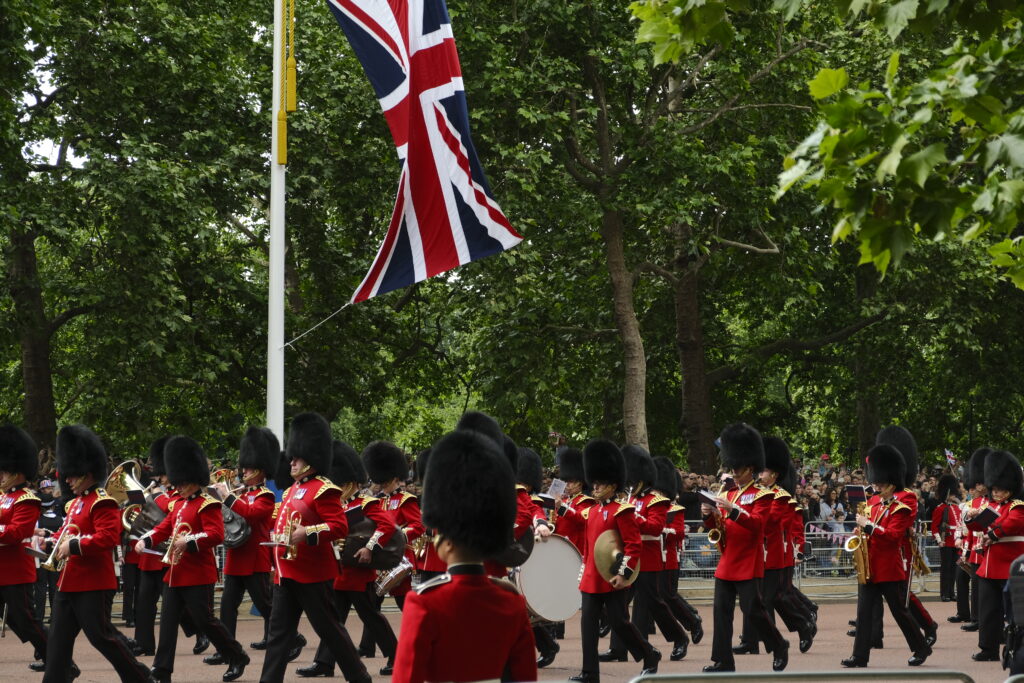
The population of the United Kingdom includes four nationalities: British people (71%), Irish people (14%), and Romanians/Germans (4%). Other races have people from Commonwealth countries such as India, Australia, New Zealand, Canada, Jamaica, Barbados, Guyana, Malaysia, Pakistan or Trinidad & Tobago.
The United Kingdom has one international airport in London with direct flights to over 40 destinations worldwide, including New York, Hong Kong, Dubai, Frankfurt and Tokyo. London Heathrow airport handles nearly half of all international passenger traffic in Europe. There are approximately 2 million foreign residents in the UK; 1.3 million live in London alone.
The population density of the United Kingdom is lower than that found in many other developed countries – at 683 per square mile, it ranks number 4 on this list – but it is higher than many developing nations such as China and Brazil.
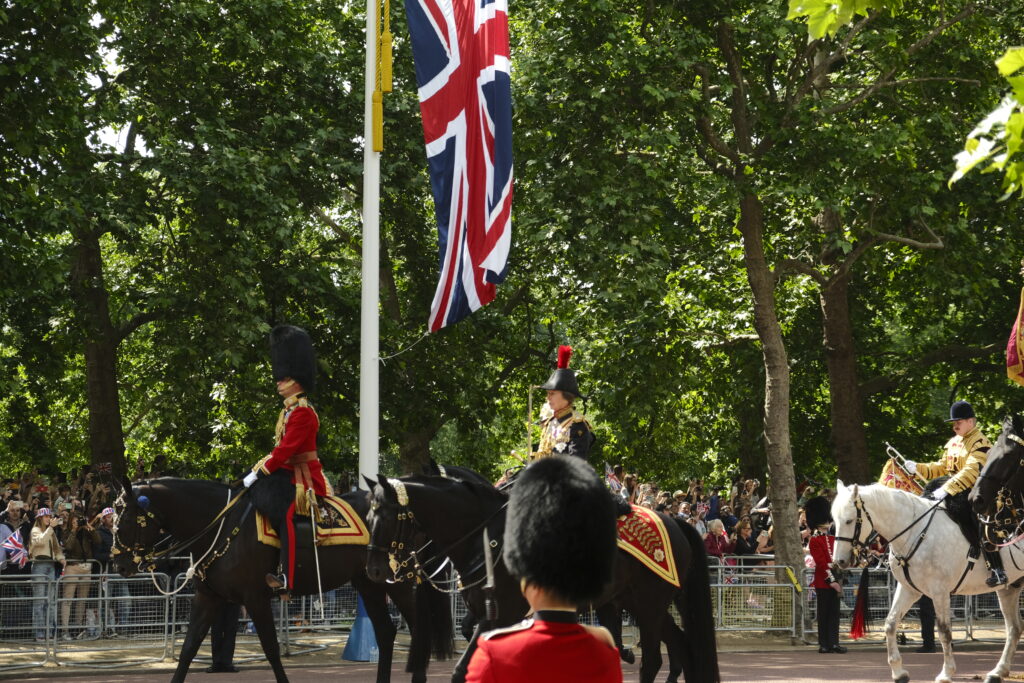
Princess Anne, Platinum Jubilee 2022
